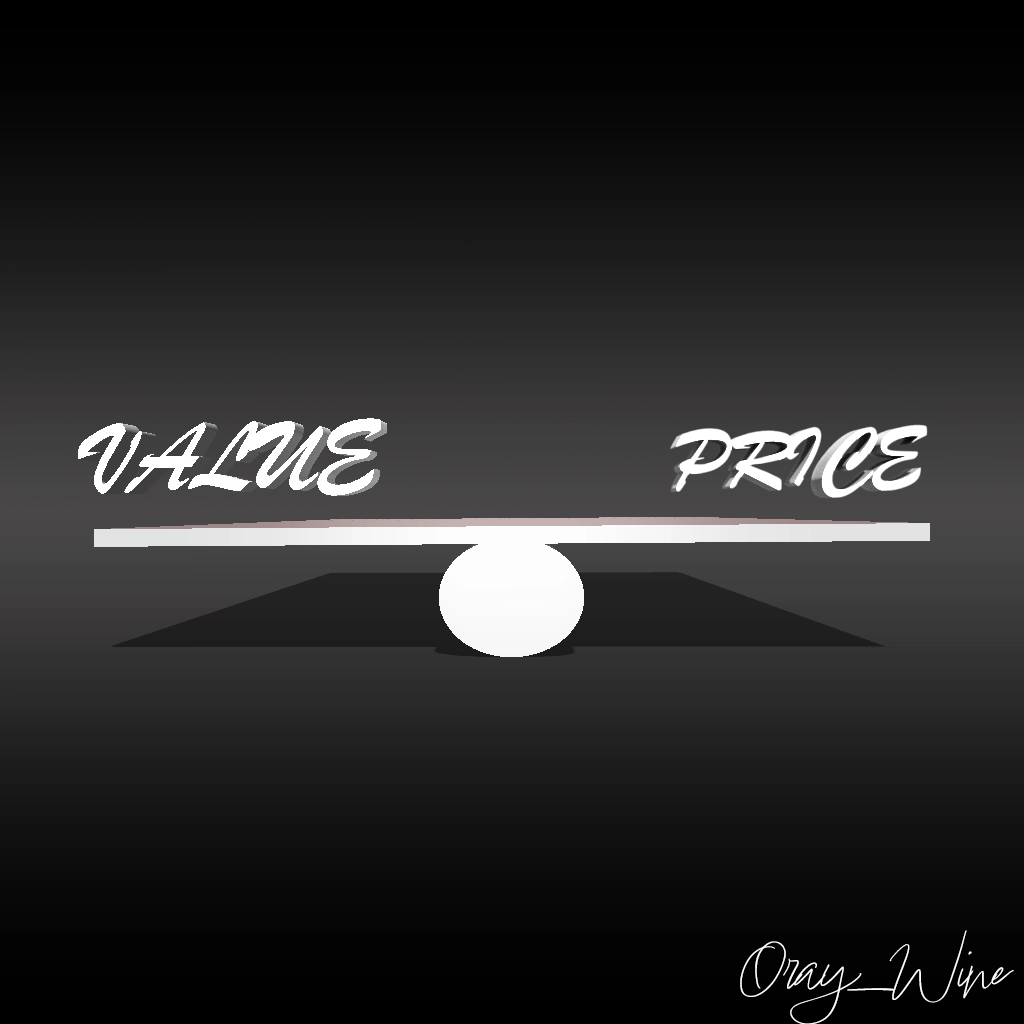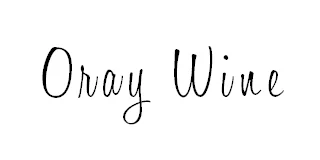
We all know the impact of the law of supply and demand on the final price of wines. Indeed, certain wines are highly sought after by connoisseurs, which can push the price of certain vintages to new heights. Likewise, the reputation of a producer, the reputation of certain grape varieties or the rarity of certain bottles can cause prices to soar.
All these elements are more or less derived from the law of the market which is frequently referred as the law of supply and demand.
This article intends to focus on the description of the 4 main sources of value of a wine outside the logic of the law of supply and demand.
An overview of the 4 main drivers of intrinsic value
Schematically, we can summarize the sources of intrinsic value of a given wine to four elements which influence the quantity produced: the yields, the terroir, the work of the winemaker and the quality of the vintage.
Indeed, the quality of a wine depends in part on the work of the vines and its yields: the lower the yields, the more concentrated and therefore qualitative the grapes are (while the higher they are, the more diluted the material is). And what’s more, reliable yields are often synonymous with old vines, drawing deep for their nutrients and making more complex wines. It is therefore easy to understand that for a winegrower to be able to afford to produce low yields and therefore a more qualitative wine, he is obliged to better promote his wine (since he will produce much less quantities). Naturally the quality of a terroir is strongly correlated to the price per hectare of vines and a winegrower settling on a very renowned terroir will logically be able to acquire a much smaller surface area than if he had chosen to settle on a terroir deemed less qualitative (the price of the vine has nothing to do between a hectare of Bordeaux grand cru and a hectare in Chile for example). And who says small surface area means small production, so if the winegrower with only a few hectares wants to get by he is obliged to sell his wine more expensive than the winegrower at the head of a hundred hectares.

The importance of the winemaker choices
Finally, the work of the winegrower also plays an essential role in the price of the wine: a domain certified Organic Agriculture or Demeter requires more human labor, generally generates lower yields and induces greater risks of loss. Likewise, a field where mechanization is minimal generates a higher total salary cost.
It should also be noted that many parameters in terms of investment come into play:
- the choice of barrels (new barrels have a significant cost, very reputable barrel producers sell their barrels very expensively)
- the duration of the aging of the wine (the longer the duration, the more the money coming in is likely to be delayed in time, hence the creation of the en primeur sales system in Bordeaux).

Follow me on my Social Media
Wine is a gourmet treasure, do not abuse alcohol!
None of this content has been sponsored
I did not receive any gifts or free samples that could be related to this article